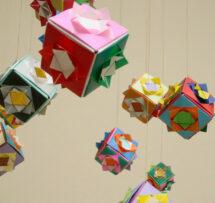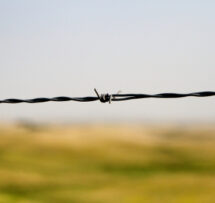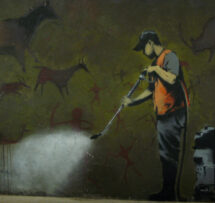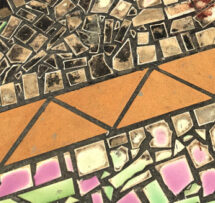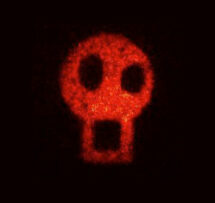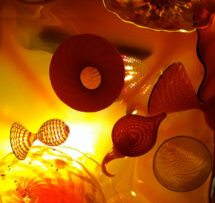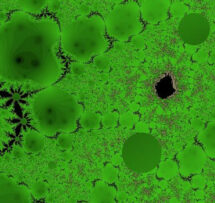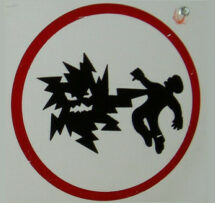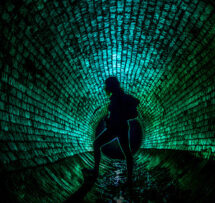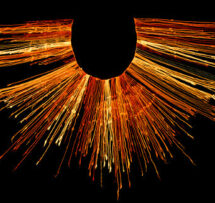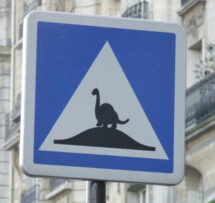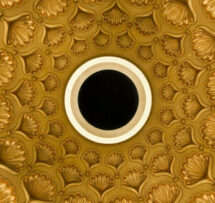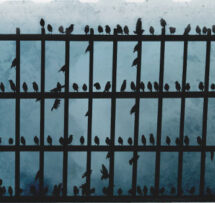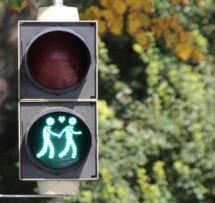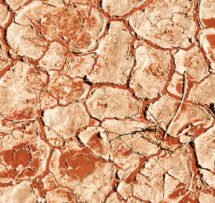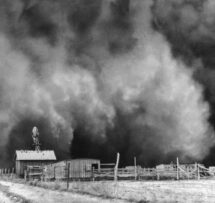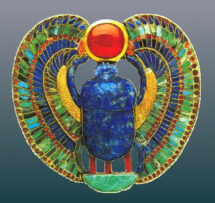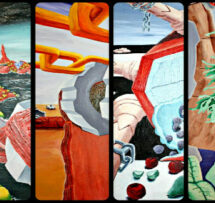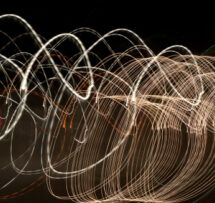Can we move beyond the divided city?

Is urban segregation simply a fact of contemporary life? Are the shopping mall and gated community to blame for new forms of urban division? What role does the real estate market play in reproducing urban patterns? Is middle-class suburbia deracializing or not?
Does public investment in housing and social amenities worsen or improve urban divides? Do BRT systems help or hinder urban integration? Who, if anyone, can make a difference in altering spacial patterns of the city?
It is arguable that South African cities are more divided today compared to 1994. How can this be? Why are we seemingly unable to shift the contours of division and live differently?
In tonight's session of Science & Cocktails, Edgar Pieterse will review the drivers of contemporary urban divides and explore the reasons why policy after policy since 1994 say the “right” things but achieve the opposite outcome. He will place his discussion in the context of the nature of both public and private investments into South African cities and illustrate the talk with data and policy experiments in Cape Town and Johannesburg.
Edgar Pieterse will conclude by putting forward what some of the preconditions for genuine urban transformation might be.
Afterwards, specially crafted smoky cocktails will shift our perspectives while singer-songwriter Leon helps us connect with music and words reflecting on the absolute dilemma of being human.
This event was made possible by financial support from the Simons Foundation through a Targeted Grants to Institutes program grant awarded to the Mandelstam Institute for Theoretical Physics.
Image: Broken Tile Floor (Phillip Pessar/flickr)

Edgar Pieterse
Can we move beyond the divided city?
Is urban segregation simply a fact of contemporary life? Are the shopping mall and gated community to blame for new forms of urban division? What role does the real estate market play in reproducing urban patterns? Is middle-class suburbia deracializing or not?
Does public investment in housing and social amenities worsen or improve urban divides? Do BRT systems help or hinder urban integration? Who, if anyone, can make a difference in altering spacial patterns of the city?
Talk by
Edgar Pieterse
Edgar Pieterse is founding director of the African Centre for Cities (ACC) at the University of Cape Town and holder of the DST/NRF South African Research Chair in Urban Policy. His research and teaching gravitates around urban development politics, everyday culture, publics, radical social economies, responsive design and adaptive governance systems. He is consulting editor for Cityscapes — an international biannual magazine on urbanism in the global South. Edgar is co-author with AbdouMaliq Simone of: New Urban Worlds: Inhabiting Dissonant Times (2017) and recent co-edited books include: African Cities Reader III: Land, Property & Value (2015), Africa’s Urban Revolution (2014) and Rogue Urbanism: Emergent African Cities (2013)

Music by
Leon
Leon is a Zimbabwean-born singer-songwriter who spent his adolescent years growing up in Cairo but retains an unshakeable foundation, musically and otherwise, in his Karanga-Xhosa cultures. His absolute adoration of Oliver Mtududzi's arrangements, the fearlessness with which Thandiswa Mazwai performs and the brave poetic cadences of Miriam Makeba remind and inspire him to remain truthful to these foundations in every note and phrase. He always aims in his music and writing to reflect on the absolute dilemma of being a human being, to comment
on life in all of its contradictions and absurdities. His ultimate goal is always to connect; To use his voice and words to tell stories and above all, to be secure in the knowledge that he is heard and understood. Tonight he is joined by Josh Mokoena (keyboards), Angus (bass), Brownlee (electric guitar), Brian (drums) and will feature Khanyi Mkhize, Benecia Simelane and Boitumelo on vocals.


